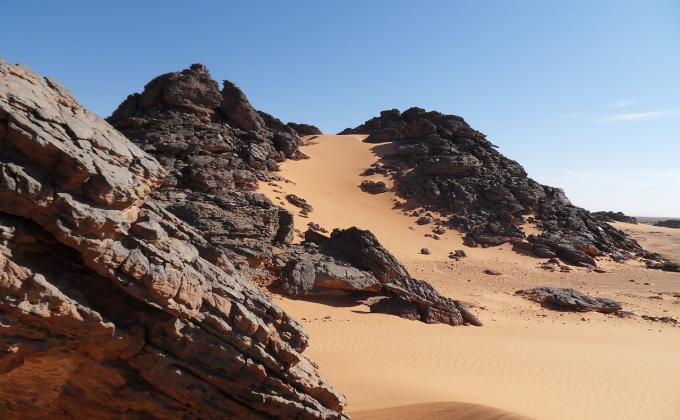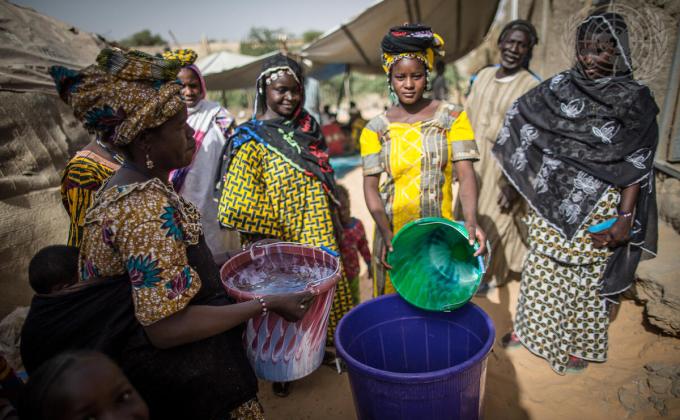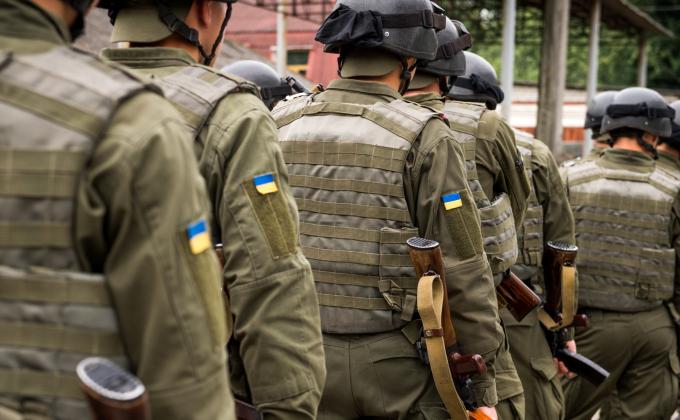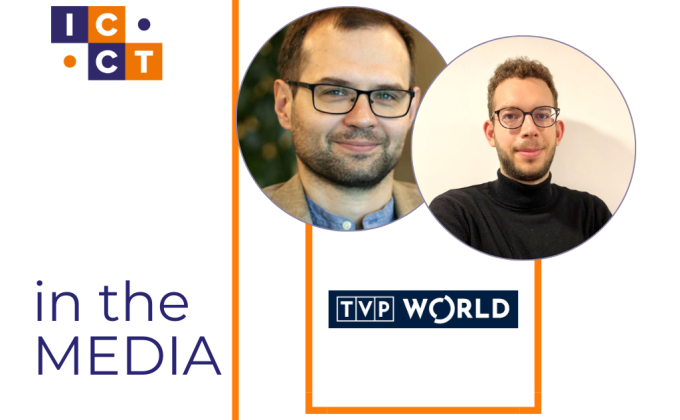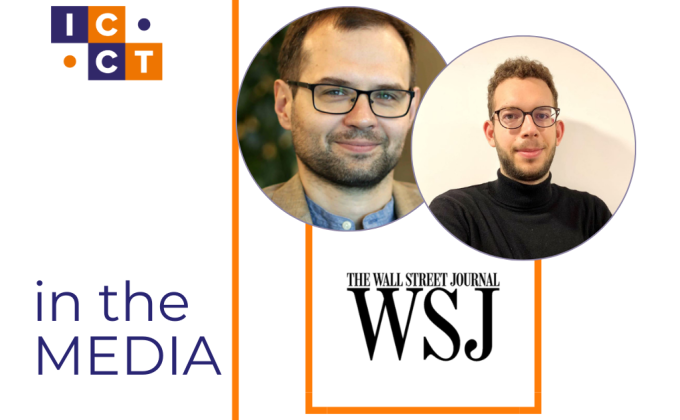The March 23 Movement, commonly known as M23, has been a significant actor in the ongoing conflict in the eastern Democratic Republic of Congo (DRC). This conflict, often referred to as a forgotten war, has been overshadowed by other conflicts, despite its profound impact on the region and its people.
The group emerged in 2012 from a mutiny within the Congolese national army (FARDC), primarily consisting of ethnic Tutsis who had previously been members of the National Congress for the Defense of the People (CNDP). Upon its formation, the M23 quickly gained control over significant territory in North Kivu province, including the provincial capital of Goma in 2012. This rapid advancement demonstrated the group's military capabilities and raised concerns about regional stability. The M23 has articulated several objectives, including the protection of Tutsi communities in eastern DRC, the full implementation of the 2009 peace agreement, and addressing governance issues such as corruption and the lack of basic services in the region.
However, the group's actions have often contradicted these stated aims. The M23 has been accused of serious human rights violations, including summary executions, rape, and forced recruitment of civilians, including children. Their activities have resulted in the displacement of hundreds of thousands of people, both internally within the DRC and across borders into neighboring countries.
In 2013, following international pressure and military intervention by the UN peacekeeping mission MONUSCO, the M23 was defeated militarily. Many of its fighters fled to neighboring Rwanda and Uganda. However, the group never fully disbanded, and in late 2021, it launched a renewed offensive in North Kivu. This resurgence has been attributed to various factors, including the failure to address root causes of the conflict, ongoing regional tensions, and competition for control over the mineral-rich eastern DRC.
Rwanda’s support
The relationship between the M23 and the Rwandan government has been a subject of intense scrutiny and controversy. While Rwanda has consistently denied providing support to the rebel group, numerous reports and investigations have suggested otherwise. The UN Group of Experts on the Democratic Republic of the Congo has produced multiple reports detailing Rwandan military support for the M23, including the provision of weapons, ammunition, and reinforcements. In November 2023, the US State Department expressed "deep concern" about Rwanda's support for the M23 and called for an end to all foreign interference in the DRC. Similarly, a French Senate report in April 2023 concluded that Rwanda was providing "significant" support to the M23.
The nature of Rwanda's alleged support is multifaceted and includes military assistance, personnel support, logistical aid, and political backing. Several potential motivations for this support have been suggested, including security concerns related to the presence of Hutu militia groups in eastern DRC, economic interests in the region's mineral wealth, a desire to maintain regional influence, and the stated goal of protecting Tutsi communities.
The question of whether Rwanda's alleged support for the M23 constitutes state-sponsored terrorism is complex and depends largely on how terrorism is defined in this context. While there is strong evidence of Rwandan support for the M23, labeling this as state-sponsored terrorism remains contentious. It might be more accurate to describe it as proxy warfare or state support for an armed non-state actor.
A new cease-fire
A potentially significant development in this ongoing conflict came on 30 July 2024, when Angola, acting as a mediator, announced a ceasefire agreement between the DRC and Rwanda. The fact that Angola negotiated this ceasefire directly between the DRC and Rwanda, rather than with the M23, provides the clearest indication yet of Rwanda's involvement with the rebel group. This diplomatic approach effectively acknowledges Rwanda's role as a state supporter of the M23, despite its official denials.
The ceasefire is set to take effect at midnight on 4 August 2024, and will be supervised by an "ad hoc verification mechanism". This agreement follows a 15-day humanitarian truce and represents a possible turning point in the conflict. However, in a pattern that echoes the conflict's status as a forgotten war, the announcement of this ceasefire has been overshadowed in the global media by escalating tensions in the Middle-East and the Olympic Games. This lack of international attention and the difficulty of accessing certain areas to spread the news could potentially impact the implementation and success of the ceasefire agreement.
The ceasefire, if respected, could have significant positive implications for humanitarian relief efforts in eastern DRC. It could provide humanitarian personnel with unhindered access to vulnerable populations, potentially allowing aid organizations to reach communities that have been cut off due to the conflict. It could also slow or halt the displacement of civilians, allowing for more stable delivery of aid and potentially enabling some displaced persons to return to their homes.
However, the humanitarian situation remains critical. NGOs have reported a catastrophic humanitarian and security situation in the region, and the ceasefire alone will not immediately resolve the deep-seated issues causing the humanitarian crisis. Sustained peace will be necessary for significant improvements in the lives of affected populations.
The conflict, particularly in the mineral-rich North Kivu province, has had significant impacts on regional and international trade. The ceasefire agreement could potentially benefit Rwanda and DRC but also Uganda and Burundi by leading to more regulated and transparent mineral extraction and trade, improving security and facilitating greater economic cooperation within the Great Lakes region. Moreover, the ceasefire has significant implications for diplomatic relations in the region. It represents a potential thawing of relations between these two countries. If sustained, it could lead to improved diplomatic ties and cooperation on issues beyond the immediate conflict, and could have positive ripple effects throughout the Great Lakes region, potentially leading to greater regional cooperation and stability.
The successful mediation by Angola demonstrates the importance of African-led solutions to regional conflicts. This could influence how international partners engage with the region on security issues. However, the ceasefire agreement does not address issues of accountability for alleged human rights abuses committed during the conflict. How these issues are handled moving forward will be crucial for long-term reconciliation and stability.
Several challenges and uncertainties remain. As the agreement is between the DRC and Rwanda, it is unclear how effectively it will bind the M23 rebels on the ground. The conflict in eastern DRC involves numerous armed groups beyond the M23, and the ceasefire does not directly address these other actors. Moreover, the ceasefire does not resolve the underlying issues that have fueled the conflict, including ethnic tensions, governance problems, and competition over resources.
Conclusion
The M23 rebel group, with its complex history and now more clearly acknowledged ties to Rwanda, has been a significant destabilizing force in eastern DRC. The recent ceasefire agreement between the DRC and Rwanda represents a potential turning point in this forgotten war. If successfully implemented, it could lead to significant improvements in the humanitarian situation, create opportunities for economic development and trade, and foster better diplomatic relations in the Great Lakes region. However, the path to lasting peace remains fraught with challenges, and the lack of sustained international attention, as evidenced by the overshadowing of the ceasefire announcement by other global conflicts, may impact the long-term success of this agreement. As the situation continues to evolve, increased global awareness and support for peaceful resolution will be crucial in determining the long-term prospects for stability and development in eastern DRC and the broader region.
This article represents the views of the author(s) solely. ICCT is an independent foundation, and takes no institutional positions on matters of policy unless clearly stated otherwise.
Photocredit: Bumble Dee/Shutterstock

